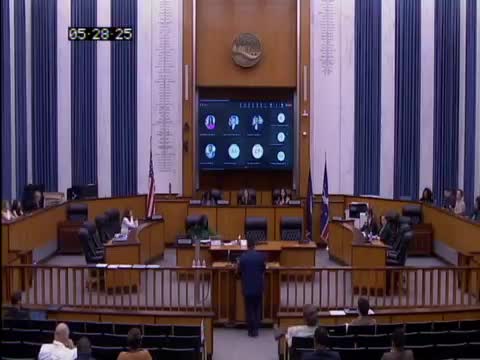Article not found
This article is no longer available. But don't worry—we've gathered other articles that discuss the same topic.
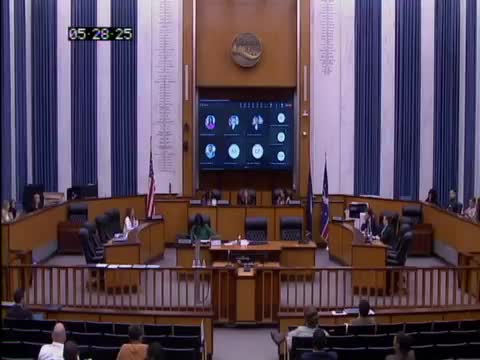
Committee approves minutes; staff directed to assemble follow-up reports
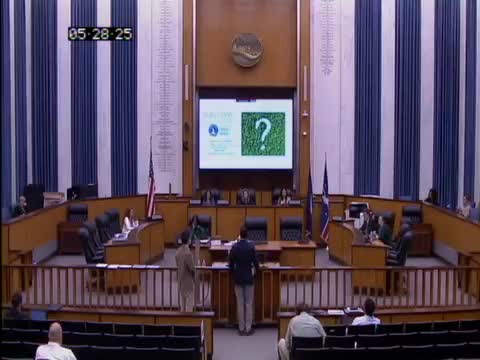
Urban Forestry kicks off master plan, aims to plant nearly 2,000 trees with ARPA funds
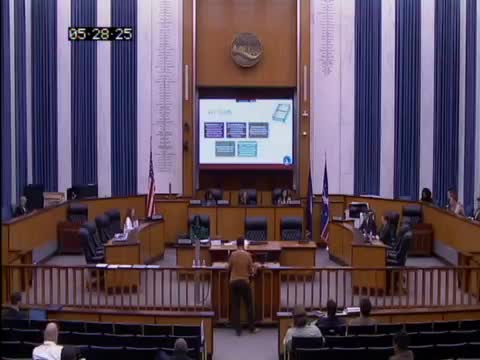
New General Services department cites $295M in deferred maintenance; FY26 CIP covers about 4%
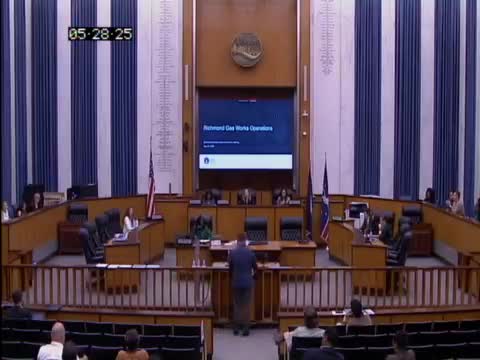
Richmond Gas Works adopts rate increase, seeks in-house crews to speed pipeline work
